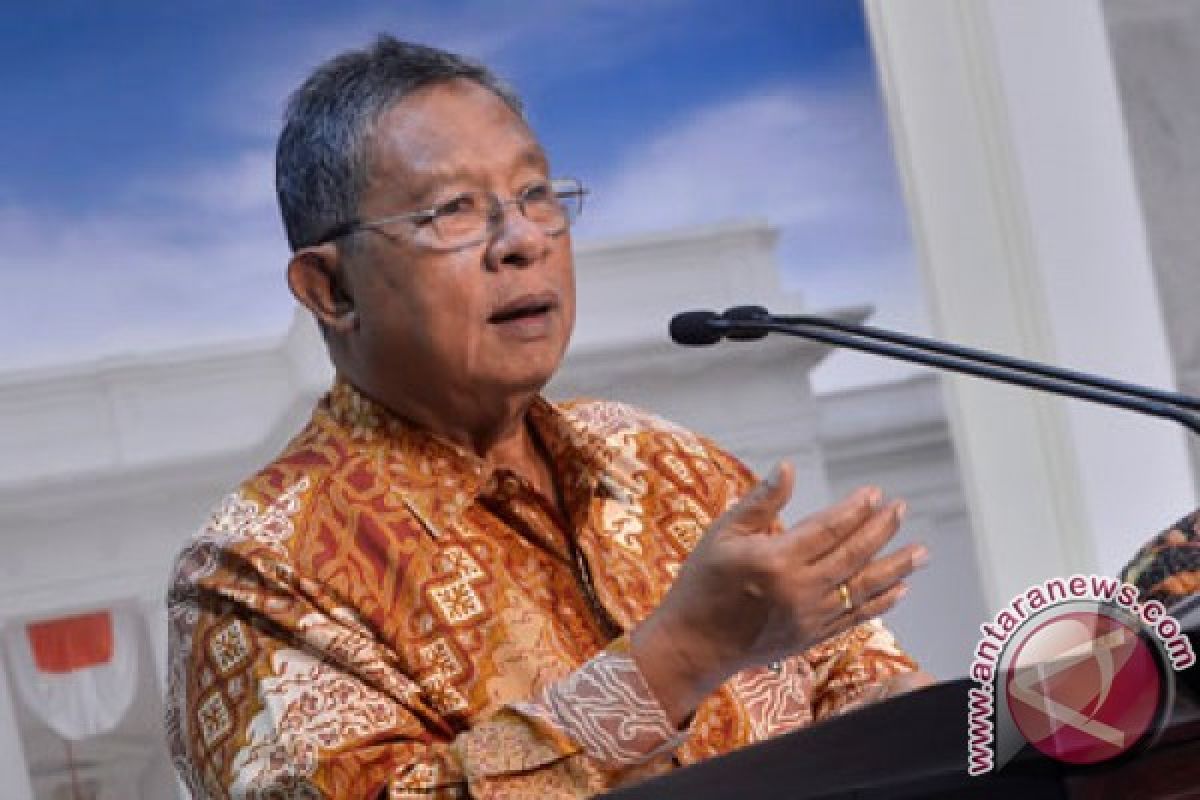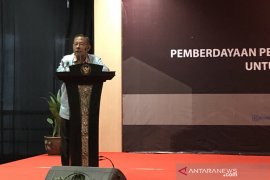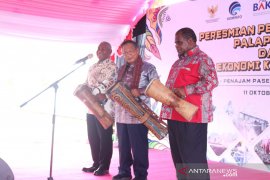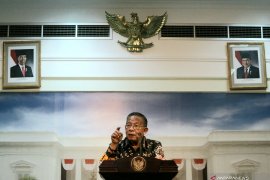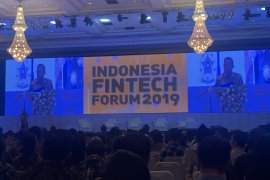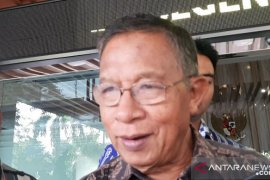In the previous DNI, around 55 percent of foreign shares are required in business areas ..."Jakarta (ANTARA News) - The government has released the tenth economic policy package aimed at boosting investment and protecting small and medium enterprises as well as cooperatives.
The government increased 19 reserved business sectors for small and medium enterprises and cooperatives in the revision of Presidential Decree (Perpres) No. 39 in 2014 on List of Business Fields Closed and Business Fields Open with Conditions to Investment in the investment sector (Investment Negative List/DNI).
"The nineteenth sector is covered in the activities of business services and construction that use simple or medium technology with a value Rp10 billion," Coordinating Minister for Economic Affairs Darmin Nasution said in a press conference here Thursday.
"In the previous DNI, around 55 percent of foreign shares are required in business areas such as pre-design and consulting services, architectural design services, and administrative services, and so on," the minister said.
The government expanded the value of 39 reserved business in the sector of SMEs from Rp1 billion to Rp50 billion.
The activities included the type of construction service business, such as construction work for commercial buildings, health facilities, and others.
The government has simplified the business field as part of the efforts to expand the business activities of SMEs, the minister remarked.
Nineteen business services/construction were merged in one type of business, the minister cited.
"Therefore, the reserved business sector for small and medium enterprises and cooperatives becomes 92 business fields," the minister stated.
With regard to the partnership, as many as 110 business fields of SMEs could be invested in by domestic investment and foreign direct investment.
The business sector included a seeding plantation business with an area of 25 hectares, retails via mail order and the Internet.
SMEs could invest in both, the areas of business that were not regulated in the DNI, and in business fields open with conditions.
The government has issued the ninth economic policy package which covers three sectors, such as electricity, cattle imports and logistics deregulation, Chief Economic Minister Darmin Nasution said earlier.
The ninth policy package was aimed at accelerating the development of the power sector to meet consumer needs, importing cattle or animal products to fulfill the pending need for domestic products, and deregulating logistics, Darmin Nasution told the press.
"We want to accelerate the efforts to enhance power production to meet consumer needs by speeding up the development of electricity infrastructure," Darmin Nasution said.
There are five main policies covered in the ninth policy package, as far as the electricity sector is concerned. These are: making provisions for supporting funds for state-owned electricity firm (PLN), either through state capital participation, continuation of government loans, or through issuance of bonds, and loans from financial institutions or through income tax exemption from asset revaluation results.
With regard to importing cattle or animal products, the policy is aimed at ensuring the availability of meat stock by importing the commodity till the efforts to increase the production of such stock domestically succeed.
"On certain conditions, cattle or other animal products can be imported for a state or a zone which has met the requirements and import procedures, keeping the national interest in view," the Coordinating Minister for Economic Affairs said.
With this policy package, and after risk analysis, the Minister of Agriculture will decide the state, zone or animal husbandry businesses, from where the import will be carried out.
In the logistics sector, meanwhile, five deregulation policies cover the development of commercial postal service business, unification of port service electronic payment, and establishment of export promotion agency for small and medium-scale businesses through state-owned companies (BUMN).
The government also carried out certain deregulation policies to encourage integrated electronic service system at ports. It has also eased the policy on the use of the rupiah currency for transactions related to transportation.
(Uu.A063/INE/KR-BSR/A014)
Editor: Priyambodo RH
Copyright © ANTARA 2016
